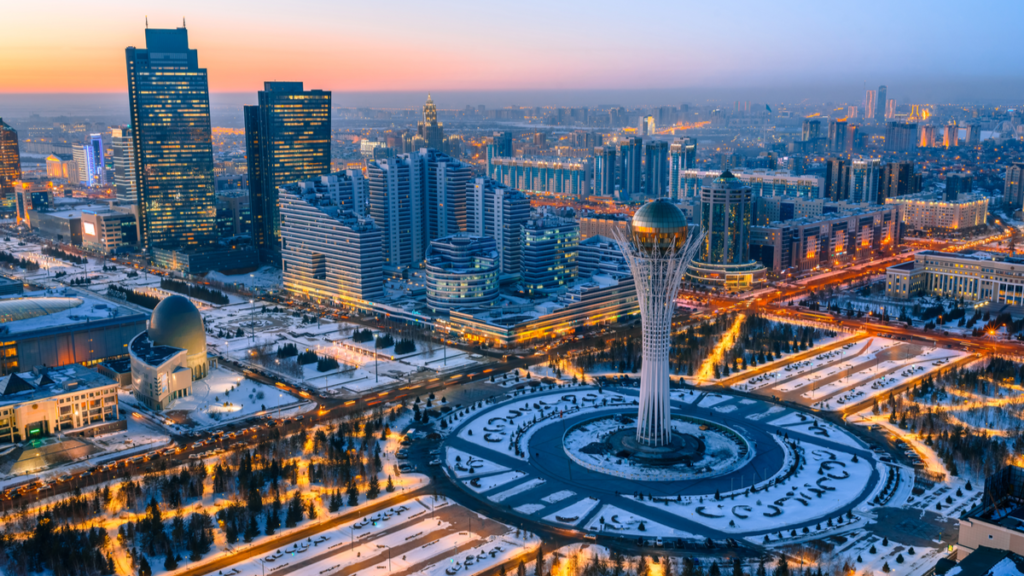As the impacts of COVID-19 continue to be felt across the globe, the Central Asian trade forum took place in November to discuss and determine how this region could bounce back in 2021. The theme for this year’s forum was ‘Central Asia – Growth and Prosperity’ and WTM’s Portfolio Director, Claude Blanc took part in the tourism section of the virtual event.
Speaking in a video about re-starting the tourism economy in Central Asian countries, Claude said “it has never been so urgent to work together on shaping a better world for our children, for us all”
“This pandemic has [shown] how connected the world is, and the vital importance of travel and tourism for economies, jobs and human wellbeing around the world”
There’s no denying the impact COVID-19 has had on the tourism industry. But as travel restrictions adjust across the globe, people’s desire to visit destinations is clearly still there. In a recent survey of 2,000 UK travel consumers WTM found that 38.6% of people are pleased they travelled abroad this year. WTM also found that 23.6% of people will consider travelling abroad again during the first 6-9 months of 2021.
“Re-opening tourism related businesses and managing their recovery in a way that is safe, attractive for tourists and economically viable will require coordination at a level not seen before. The public sector may be best placed to oversee this process.
“Based on valuable insight from McKinsey, IATA, WTTC and UNWTO and other partners we suggest four ways in which governments can reimagine their role in the tourism sector in the context of COVID-19,” said Claude during his video speech at the Central Asian trade forum.
The four ways suggested are as follows:
- Streamlining public and private interfaces through a tourism nerve centre – concentrating leadership through a central nerve centre is crucial for crisis management. Many organisations have deployed this response in similar situations, and it has worked well for them. Bringing together public and private key players in teams to address topics could provide an active collaboration framework that is suited to the diverse stakeholders within the tourism sector
- Investigating new financing measures for the tourism industry – One optioncould be the creation of revenue pooling structures for hotels which could help asset owners and operators, especially SMEs, to manage variable costs and losses moving forwards. Hotels competing for the same business could have an incentive to pool revenues and losses while operating at a lower capacity
- Ensuring transparent, consistent communication on protocols – The return of tourism demand requires that travellers feel, and are, safe. There is a need for harmonisation regarding regulations imposed by local governments. Digital solutions could be an effective tool to bridge communications and create consistency on protocols between governments and the private sector
- Enabling a digital and analytics transformation – Last year’s demand prediction models are no longer relevant, leaving many destinations struggling to understand how demand will evolve and therefore how to manage supply. Uncertainty over the speed and shape of recovery means the tourism sector needs to undergo an analytics transformation to enable the coordination of marketing budgets, sector promotions and calendars of events. Governments have an opportunity to reimagine their roles in providing data infrastructure and capabilities to the tourism sector
In conclusion of these four suggested steps, Claude stated: “As borders start to reopen, governments could take the opportunity to rethink their role in tourism. Thereby assisting in the sector’s recovery and strengthening it in the long-term.”
The tourism has a long road to recovery, but the conversations and insights shared at WTM Virtual and the Central Asian trade forum will undeniably help the industry to recover, rebuild and innovate as demand starts to return in 2021.
